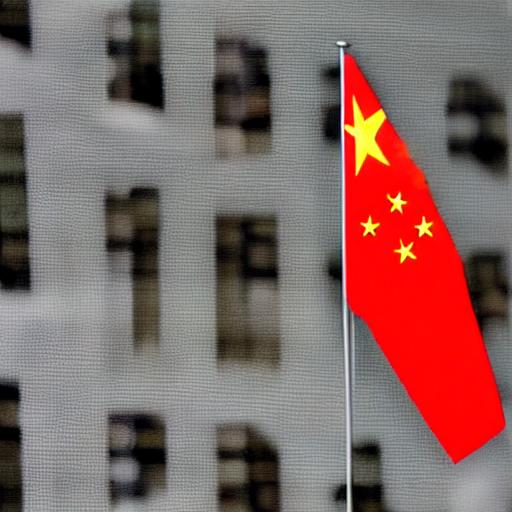Beijing regulators have instructed the top tech firms in the nation to make sure that their platforms do not provide access to OpenAI’s ChatGPT or other services powered by the AI-driven chatbot, according to Nikkei Asia. This comes after Chinese state media attempted to portray the service as a potential conduit for American propaganda.
The state-run newspaper of China attempted to portray ChatGPT as an American propaganda tool earlier this week with the release of a video headlined indicating, How the US utilizes AI to propagate falsehoods. In the video, ChatGPT responds to a question on Xinjiang by citing the widespread human rights violations committed by the Chinese against the Uyghur Muslim minority in the area. This is referred to be a “perfectly typed answer in line with U.S. government talking points” by the broadcaster. After that, the film goes on to accuse ChatGPT and other AI initiatives of facilitating widespread disinformation campaigns by the West and the United States.
The Chinese search engine giant Baidu revealed earlier this month that it was developing its own AI-powered chatbot, named Ernie (Enhanced Representation through Knowledge Integration). Since 2019, according to Baidu, the tool has been in development. Internal testing will be finished in March, and the service will then be made available to the general public in later that month. Reuters reported that before being incorporated into Baidu’s search engine, Ernie would first debut as a standalone service, just like ChatGPT did. Uncertainty surrounds how Beijing’s most recent directive will affect this schedule.
The country is worried that it may be far behind in the creation of tools like ChatGPT, despite earlier reports suggesting that China and its IT businesses are poised to become leaders in AI. The introduction of ChatGPT and its success have “shocked and disillusioned” Chinese software entrepreneurs who believe their country is falling behind due to censorship regulations and growing government control over the sector. Many leading Chinese IT firms, including Baidu, Alibaba, and NetEase, are reportedly rushing to respond to the debut of ChatGPT with their own comparable ventures after months of cost-cutting and layoffs.








